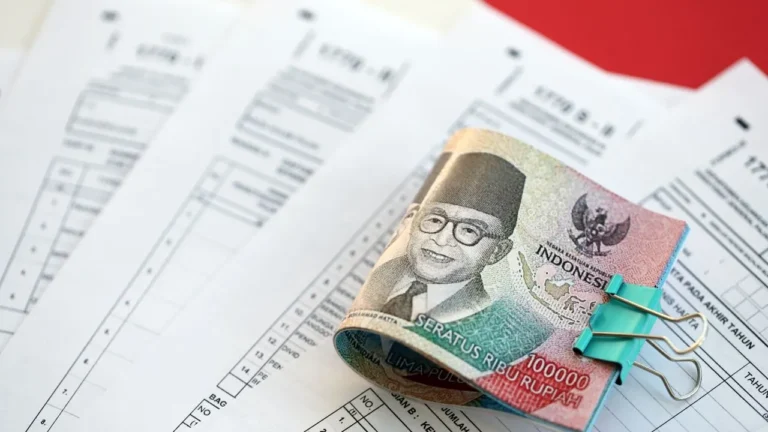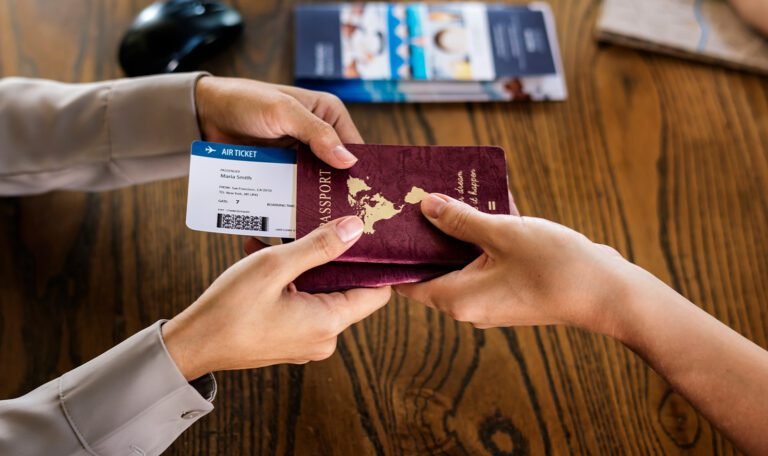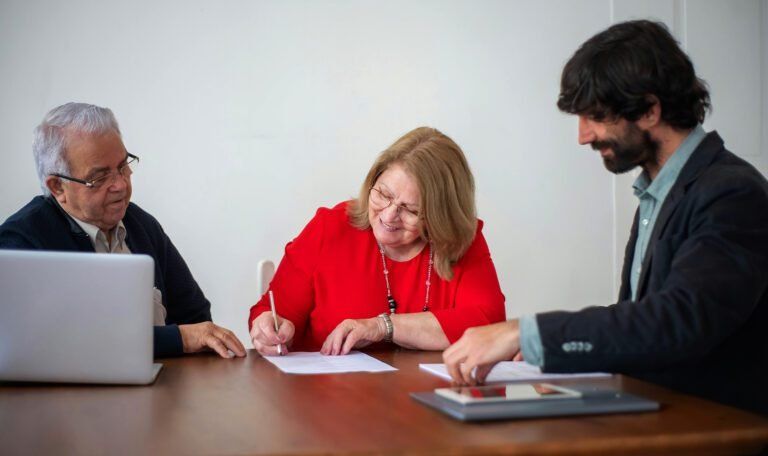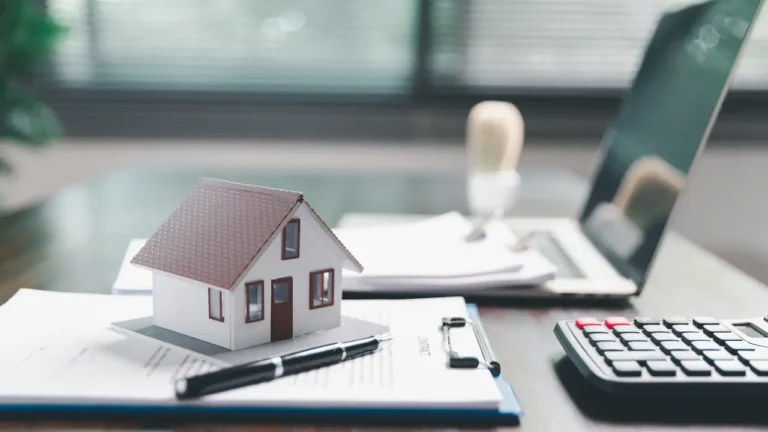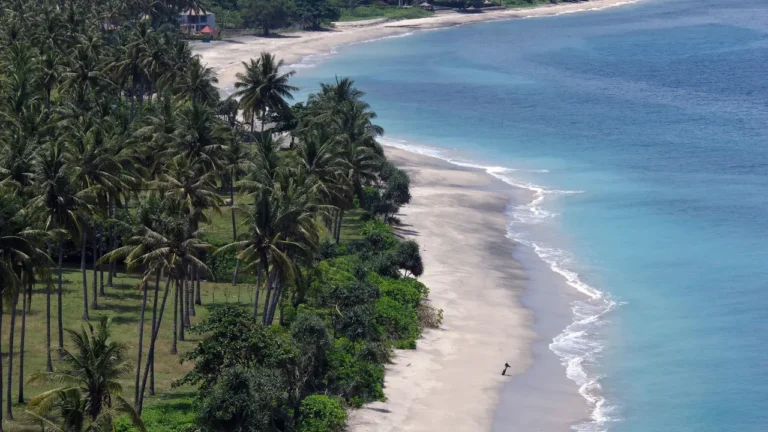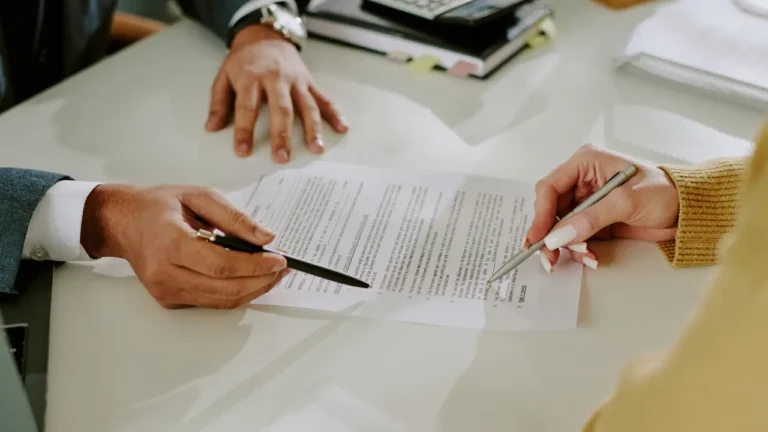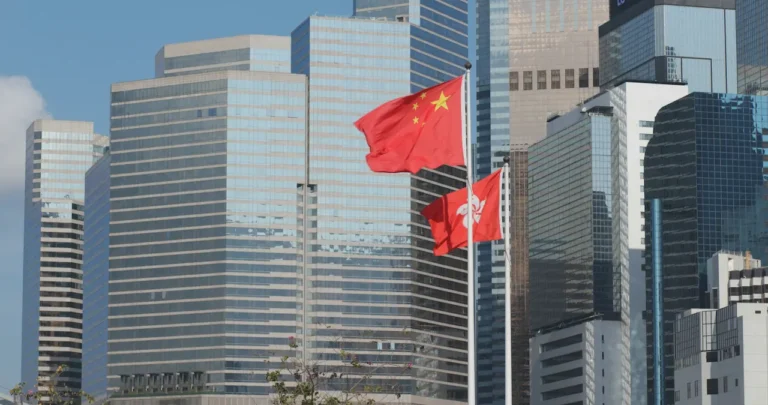Table of Contents
TogglePurchasing a property in a foreign country comports risks. Bali and Lombok offer beautiful property investments from developers with more or less experience. Avoiding property risk requires thorough research, strong contracts, and careful due diligence. Developers have built and delivered thousands of projects in recent years, but poor contract protections and shallow due diligence now reveal preventable issues.
Bali and Lombok have attracted investors and developers from all over the world, with varying levels of professionalism. Unfortunately, some developers had no prior experience in housing or villa projects. These sellers often used contractors with poor-quality workmanship, leading to issues just months or years after handover, such as structural defects or failures due to weak supervision during construction. While responsibility is shared between contractors and developers, it is ultimately the buyers who suffer the consequences. Avoiding property risk means verifying track records, inspecting build quality, and ensuring legal safeguards before committing to any investment.

Proper due diligence
Basic notary due diligence
Unfortunately, due diligence in Bali and Lombok conducted by notaries is very basic. Real estate agents or developers sometimes contribute involuntarily to this poor due diligence due to the pressure to sell and get commissions. Notary Due Diligence in Bali or Lombok is sometimes limited to checking the ownership and zoning of the land. Not that those factors are not important, but they are unfortunately not sufficient.
Indeed, land ownership is the first thing, and it is rare to see someone trying to sell something he doesn’t have rights to. Zoning is also a prime thing to check, as it will determine the purpose of the land and the activities that can be done. For example, a Pink Zone will allow tourist activities and the ability to develop a hotel, while a Yellow Zone is usually for residential purposes and doesn’t permit villa rental activities. Bali and Lombok seem not to have sufficient resources to check all construction, but a lot of the buildings are located in areas where they should not be built for Airbnb purposes. It is crucial to verify these factors to minimise risk to property.
What to check during the due diligence
In addition to the ownership and zoning, a developer or investor must conduct deeper due diligence to avoid any trouble over time, as we can see now rising around Bali.
Due diligence ensures the land purchase or the construction is safe for the investor. Lawyers or ILA are going deeper in the due diligence process. Here is a list of points we try to cover:
- Building permit of the project. As reminder each construction shall start once the building permit has been approved (not only registered)
- Business licence and Legalities of the developer. Indeed a few developers are selling properties or supervising projects without any accurate licence which can lead to tax issues and legality of the project
- Access roads are certainly one of the biggest issues we face in Lombok or Bali. Clients have no proper agreements and discover in time issues to access or maintain the road leading to the property. It can even arrive at the property being surrounded by other owners not allowing the access
- Land size is also an issue, especially on leasehold properties. Indeed, developers and landlords subdivide the land to make lease agreements, and the boundaries of the property are sometimes unclear. The contract doesn’t state the land’s true size.
- Investors often overlook the land occupancy coefficient during due diligence, which directly impacts building permit approvals (PBG and SLF). Bali and Lombok enforce strict rules on building height limits and construction density (KLB).
- Local religious and regulatory factors also dictate land development. Indonesia’s strong religious traditions actively shape what developers can build and where. Local community can also impact the way you can build or develop a land
- Master lease agreement is probably the one where with experience we face most of the issues. Indeed developers are most of the time not owners of the land. They transferred their rights to the new lessee (the client), but unfortunately, their own agreement (master lease agreement) was not strong enough to protect the client. It even happens to see some developers trying to sublease a land they even did not finish to pay themself, leading to an insecure situation for the client.
The points above are just an example of what a proper due diligence shall look like and include. A due diligence in Bali or Lombok takes 2 weeks to 1 month depending on the Kapubaten (area where the property is located). Having proper due diligence is certainly the basics when it comes to purchasing or leasing a property. Unfortunately, some developers have not even conducted proper due diligence, not intentionally but by lack of knowledge, pressure, or timing. After the due diligence, the other step is to step to a proper and secured contract.
Start your investment journey in Indonesia the right way
With so many diverse investment opportunities in Indonesia, you need to make sure you’ve got the right setup to do business here.
Get help from our team of experts to register your company, navigate the real estate market and secure your visa and stay permit. Schedule a free call with us today to plan your next steps with ILA.
Risks on Contracts in Bali and Lombok
A leasehold agreement and a pre-agreement define the relationship with the developer or landlord. Unfortunately, many basic agreements lead to complicated situations between parties. Avoiding property risk requires understanding that even professional developers depend on third parties, which can cause delays and disputes. When litigation arises, contracts become strictly enforced, with each party fighting for their interests—making comprehensive agreements essential.

Lease agreement
With experience, we have clients contacting us for issues we cannot do anything about since the contract was not protecting enough. A lease agreement is a private contract between a lessor (landlord or developer) and a lessee. All terms and conditions are defined in the contract since Indonesia has no real protective law regarding foreigners when it comes to leasehold. Unfortunately, some notaries work for developers or the local person and, due to the volume of projects, forget to add additional clauses to protect one party. Here are some of the important clauses to add and negotiate.
For example we have seen a lot of building permits rejected by the PUPR with developers not even knowing it was. The situation makes the property illegal and the client is now under the client and has paid for an illegal construction and cannot normally rent out the property. We strongly advise the investor to retain or add a penalty until the building permit is delivered. Developers are complaining about the delay in delivering building permits (PBG) and SLF, but most of the time, the delay comes from the fact that the property does not respect the norms.
A critical missing clause prevents landlords from mortgaging or reselling leased property. Notaries check for existing mortgages but often omit this protection. Without it, a bank seizure or new owner could breach the contract by simply repaying the original lease amount – potentially profiting from improvements like new villas. We’ve seen cases where weak master leases left lessees vulnerable to extreme scenarios.
The clauses above are some examples of those that can be added. A lawyer or ILA should check and add other clauses to protect the clients regarding taxes, the ability to transfer, and extensions. Extension is now the challenge clients are facing since we start to see the first lease coming to expiration.
Also read : Legal Considerations For Leasing Property In Bali
Construction and management agreement
Developers typically offer these two agreements alongside the lease agreement.
The construction agreement specifies the off-plan property’s development process and outlines each party’s roles and responsibilities. Same as the lease agreement, the construction agreement is a private contract between two parties. As most developers are consciously or unconsciously acting without proper licence it is important to ensure the agreement is protective. Developers rely on contractors with more or less experience and their delay affects the project with the client. Some developers, unfortunately, refuse to assume penalty due to the fact their own contract with the developer is poor and have no sanction or penalty. We recommend to add some clear clauses:
- Clear payment terms associated with clear milestones
- Penalty for any delays after a certain grace period
- Penalty for any missing documents
- Third-party assessment for quality check
- Penalty in case of poor quality delivery
- Clear reports during the progress of the development
- Clear warranty
- Clear handover list
In addition to the construction agreement, developers offer property management once the handover is completed. Despite the fact that a property manager requires some clear experience, the contract sometimes engages the parties during the lease duration without allowing the client to change the property manager in case of bad management. We strongly recommend using a third party for this contract as it will affect the Return on Investment.
Handover
After the construction
Clients are contacting us more frequently after their handover due to poor construction and quality delivered. As mentioned above, the contract is the key to turning back to the developer. The stronger and more detailed the contract on quality, the easier it will be for the lessee to claim penalties or reimbursement and force the developer to repair the damage.
Avoiding property risk starts with a clear handover list, and using an independent third party can be essential to ensure the delivery meets the standards and quality promised in the contract. While most developers don’t intentionally deliver poor-quality construction, issues often arise due to inexperienced contractors or lack of oversight. Unlike some countries, local laws don’t force developers to hold repair funds, so buyers struggle to demand fixes later. Protect yourself from property risk—hold back the final payment until the developer completes the handover, fixes all defects, and delivers every promised document (including certificates and warranties).
Warranty after 1 year
Most issues also rise after one year. Some famous developers have faced those issues. For example, developers illegally constructed buildings on deep-water rice fields. After a few years, it started to come out and go into the walls as the developer and contractor did not properly drain the land. A one-year warranty is not sufficient due to the situation. Most developers know this and refuse to extend the warranty. It is usually a sign to look for another property.



